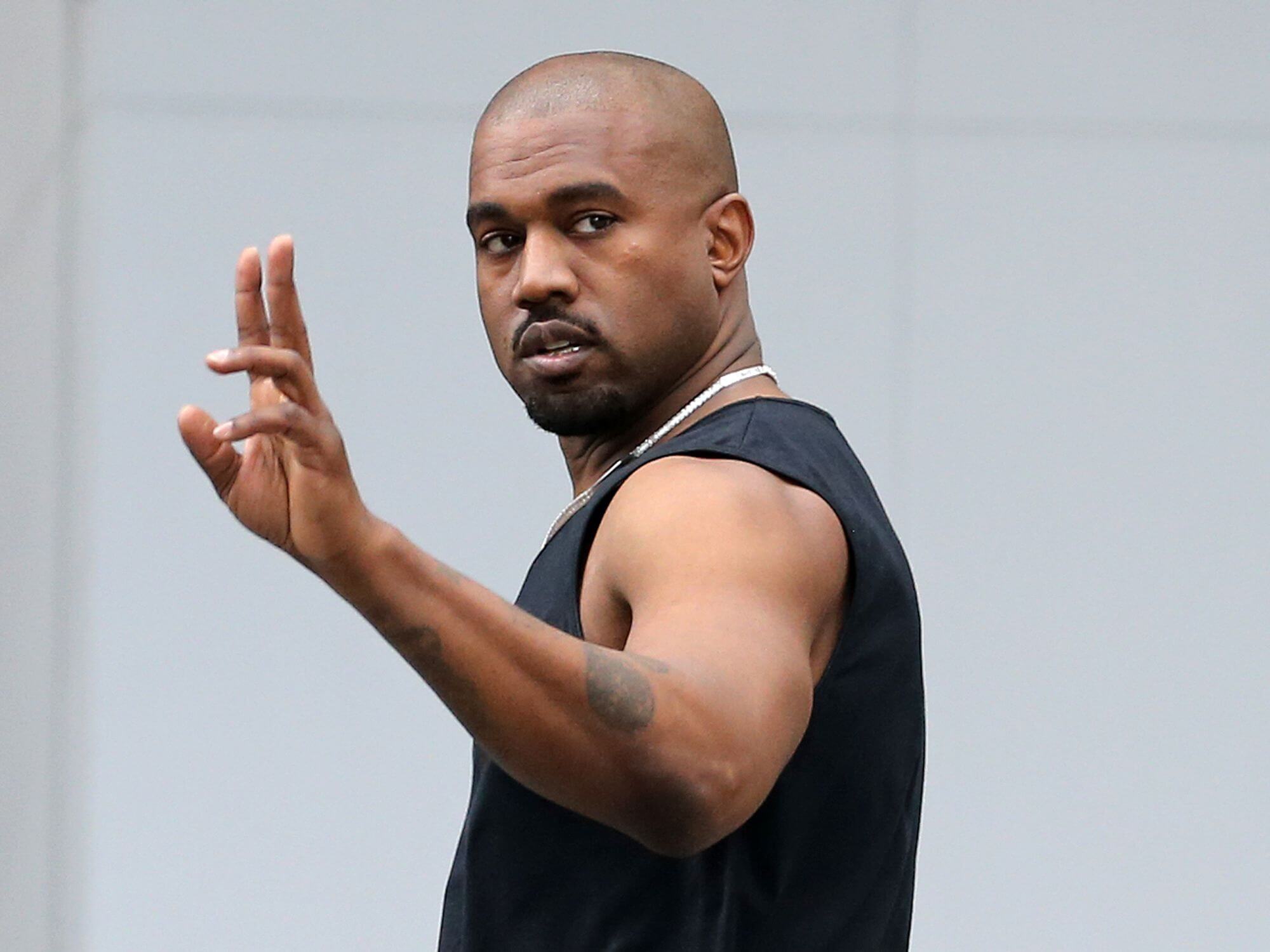Tech entrepreneur uses AI to change his voice into Kanye West’s
Move over, Autotune.

Image: MEGA / Getty Images
How far has AI-powered music-making come? Far enough that the need to distinguish between a Kanye West rap and a Kanye West-sounding rap has arisen, apparently.
Tech entrepreneur Roberto Nickson recently showed us the magic Generative AI could bring to the music industry by recording a verse and using a trained AI model of Kanye to replace his vocals.
The results? An impressively realistic imitation of the real Yeezy spitting bars — one that we reckon the average listener would probably struggle to tell the difference.
In a video detailing the surprisingly straightforward process, Nickson explained that “all you have to do is record reference vocals and replace them with a trained model of any musician you like.”
In this case, “I found this Kanye-style beat on YouTube; I wrote eight bars; I’m gonna record them now and then I’m gonna have AI Kanye replace me.”
And just like that. The music industry is forever changed.
I recorded a verse, and had a trained AI model of Kanye replace my vocals.
The results will blow your mind. Utterly incredible. pic.twitter.com/wY1pn9RGWx
— Roberto Nickson (@rpnickson) March 26, 2023
Nickson also reminds his listeners: “keep in mind, this is the worst that AI will ever be. In just a few years, every popular musician will have multiple trained models of them.”
“Things are gonna move very very fast over the next two years. You’re gonna be listening to songs by your favourite artists that are completely indistinguishable. You’re not gonna know whether it’s them or not.”
Thrillingly, the new tech could usher in a musical renaissance comparable to that of sampling in the 80s. Though as history has proven time and again, laws that govern such technologies often struggle to keep up with the dizzying pace of development.
As limitless as the potential of AI vocal mimicry might be, so is the legal can of worms the tool opens up when it comes to issues like an individual’s right of publicity.
A “tricky” affair, as Nickson aptly puts on Twitter, stating “There will be a lot of regulatory and legal frameworks that will have to be re-written around this. We will have to figure out how to protect artists at the machine level.”
“For example, Kanye has the right to protect his name, image, likeness, etc. — that might have to be extended to include any algorithm that generates the specific sound frequencies as well.”
Check out the full video below.